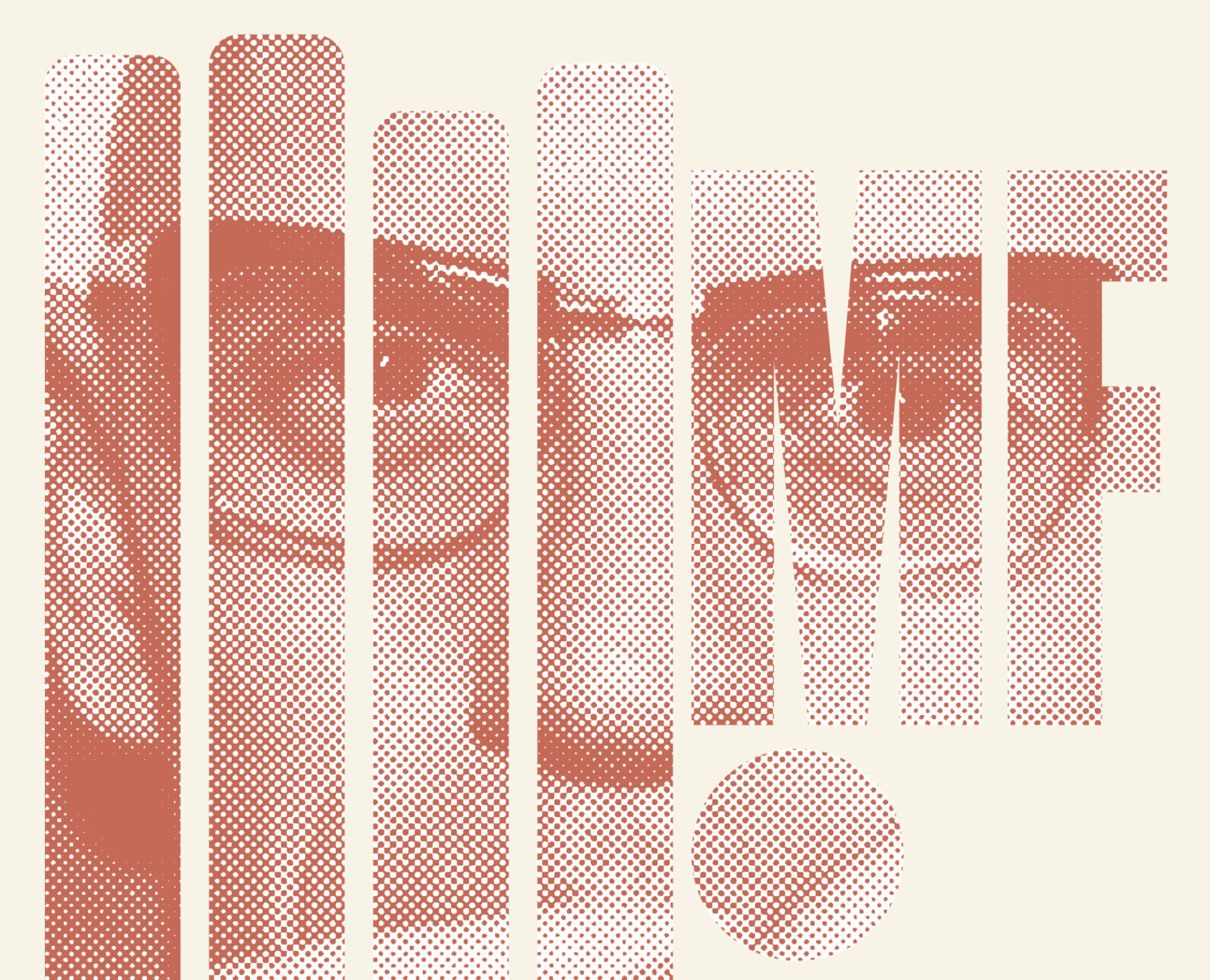Senior Fellow, Columbia University Law School
On the Genealogy of the Future: Speculative Futures and Political Imagination
Although genealogy is a methodologically past-directed critical enterprise, it is at the same time taken up in the service of ultimately future-directed and constructive endeavors. Through its attention to the past, genealogy clears the conceptual ground of our present, allowing us to imagine and enact, if we are both lucky and successful, new futures ringed by new horizons, rather than replicating the political and conceptual accretions of the past that, as Foucault has shown, remain so stubbornly persistent. And yet, even as a past-directed exercise, and even as some argue that it must be, there are at least two forms of a “genealogy of the future” that I will begin to explore here.
First, the genealogy of the many imagined futures that populate the past: from apocalyptic literature, to visions of the “next life,” to modern utopian fictions. What do these imagined futures tell us about the pasts and presents from which they emerged, in the ways that these latter determine what kinds of futures may so much as be imagined. Second, there are those self-aware, even aspirational futures, found, even if rarely, in comparably rare forms of, for example, speculative fictions. Future-genealogical works like those of Ursula K. Le Guinn, who very intentionally placed her futures on the delicate edge of new speculative horizons, standing in a clear relationship to the inescapable contours of the present, though with a vision which attempts very clearly to imagine possible futures which perform the critical task of breaking the hold of our conceptual past and present on the archeological and genealogical levels targeted by figures like Foucault. This methodological paper will explore and outline the possibilities for these two forms of a “genealogy of the future,” with special attention to the potentially necessary role for this kind of critical-constructive form of genealogy in the task of political imagination.

Daniel Louis Wyche received his PhD from the University of Chicago Divinity School in 2020. His research focuses on the political content and consequences of philosophical notions of “spiritual exercises,” “the care of the self,” philosophy as a form of life, or what may be generally called ethical practices of self-change. His first book, The Care of the Self and the Care of the Other (forthcoming from Columbia University Press) investigates the question of how, from what perspective, and under what conditions, might forms of the care of the self be coterminous in practice with the care of the other, the care of the community, and the care of the city. Alongside Niki Clements, Daniel is co-organizer of the Foucault and the Study of Religion seminar at the American Academy of Religion. Daniel has also been active as a musician, curator, and programmer with a number of organizations within the world of experimental and improvised music and related arts for over a decade, and is especially interested in the relationship between improvisation and forms of philosophical life.
